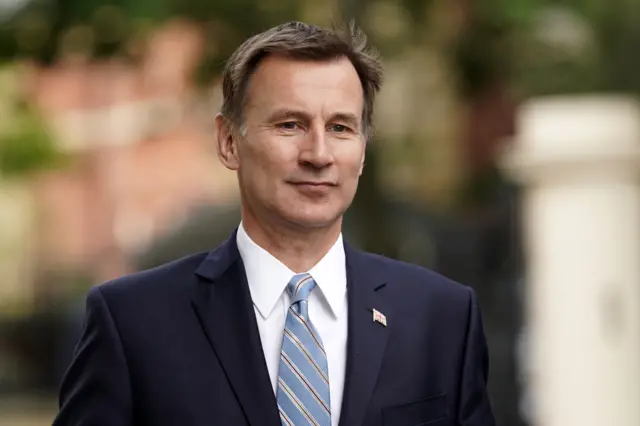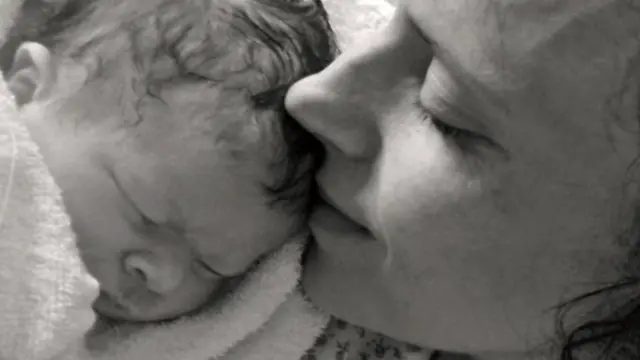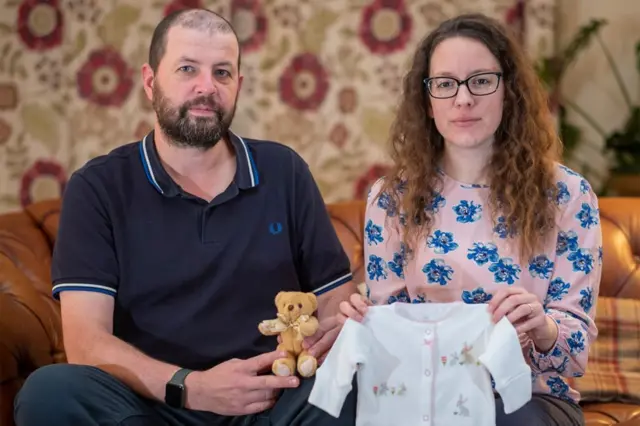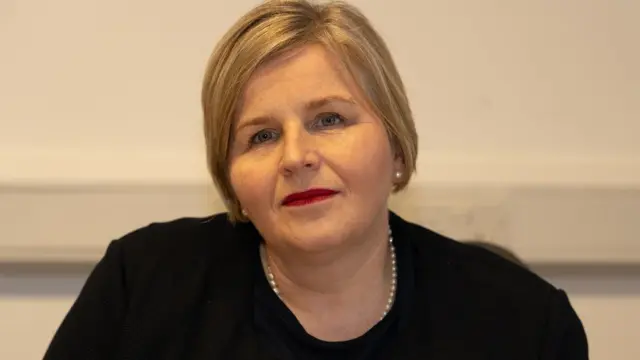Baby death numbers worse than imagined - Huntpublished at 08:55 BST 30 March 2022
 Image source, EPA
Image source, EPAThe ex health secretary who ordered this inquiry into baby deaths says the numbers who could have survived with better maternity care were "worse" than he imagined.
Jeremy Hunt says the report into maternity care at Shrewsbury and Telford NHS Trust will be "very, very shocking and sobering reading".
He says the families who had campaigned had played "a really extraordinary role", but questioned why it had taken their efforts "rather than the NHS itself being really hungry to learn from mistakes".
"We have to get rid of that blame culture and make it easy for people to speak openly and transparently when something goes wrong," Mr Hunt says.
"Even in this inquiry, doctors, midwives, nurses at Shrewsbury and Telford said they were silenced, they were told that there would be professional consequences if they co-operated with the inquiry," he says.


